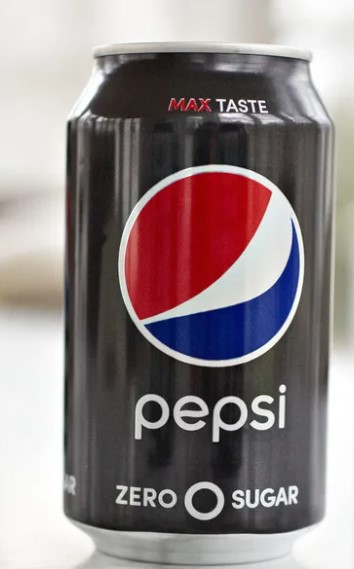
Aspartame, a widely used artificial sweetener often found in sugar-free soda and thousands of other food products, has been classified as "possibly carcinogenic to humans" by the World Health Organization's International Agency for Research on Cancer. However, a second group, the Joint WHO and Food and Agriculture Organization's Expert Committee on Food Additives, did not alter its acceptable daily intake limit.
The updated classification, handed down in a hotly anticipated report published by international experts on Friday, was first revealed ahead of time in a Reuters report on June 30. This led to a buffet of worried and alarming headlines, like "Bombshell discovery about Diet Coke" and "Why you must avoid sweeteners like Aspartame." Leapfrogging off the announcement, an opinion piece in Bloomberg suggested "Cancer Risk or No, Diet Soda Is Bad For You."
Considering the ubiquity of diet soda across the world, the new grouping does seem troubling at first. But it's important to note the IARC's classification system doesn't examine risk -- it examines and classifies the types of agents, exposures or other things that may cause cancer, from chemicals to occupational or environmental sources, and lumps them into four different categories.
For instance, in 2015, the IARC declared processed meats would be classified as group 1 carcinogens, placing foods like bacon in the same group as alcohol, tobacco and asbestos. Aspartame has been placed in category 2B, "possibly carcinogenic to humans," dropping it alongside agents like whole aloe vera extract, carpentry and joinery, gasoline, certain strains of human papillomavirus and working in the textiles manufacturing industry.
These comparisons are slightly confusing. When communicating these findings in the past, it's been difficult to understand just what the new classifications mean: The processed meat ruling in 2015 led to similarly alarming -- and incorrect -- headlines that eating processed meats is somehow as risky as smoking.
The JECFA evaluation should put diet soda drinkers at ease: Despite IARC's new classification, JECFA saw no reason to alter the acceptable daily intake of aspartame, which is currently set at 0-40 mg/kg body weight.
silver can of diet coke stands in the light of the foreground. the background has diet coke cases
Take a look at the ingredients list on the side of a can of Diet Coke and you'll find aspartame, which the WHO's IARC now classifies as "possibly carcinogenic to humans."
"The assessments of aspartame have indicated that, while safety is not a major concern at the doses which are commonly used, potential effects have been described that need to be investigated by more and better studies," said Francesco Branca, director of the WHO department of nutrition and food safety.
So, what's the concern, what does the research show and what does this new categorization mean? How much diet soda can you drink? Or should you change your dietary habits and cut it out? Here's what the evidence says.
What is aspartame?
Aspartame was discovered by accident. While working on an anti-ulcer drug, the chemist James Schlatter mixed the amino acids aspartic acid and phenylalanine, and then -- well, it's not exactly clear. Some sources suggest he accidentally spilled his chemical mixture onto his hand and noticed a distinctly sweet taste when he licked his finger to shuffle some papers. Other accounts suggest Schlatter simply decided to taste his mixture and noted that it "tasted good." Whatever the case, on that day in 1965, aspartame was born.










